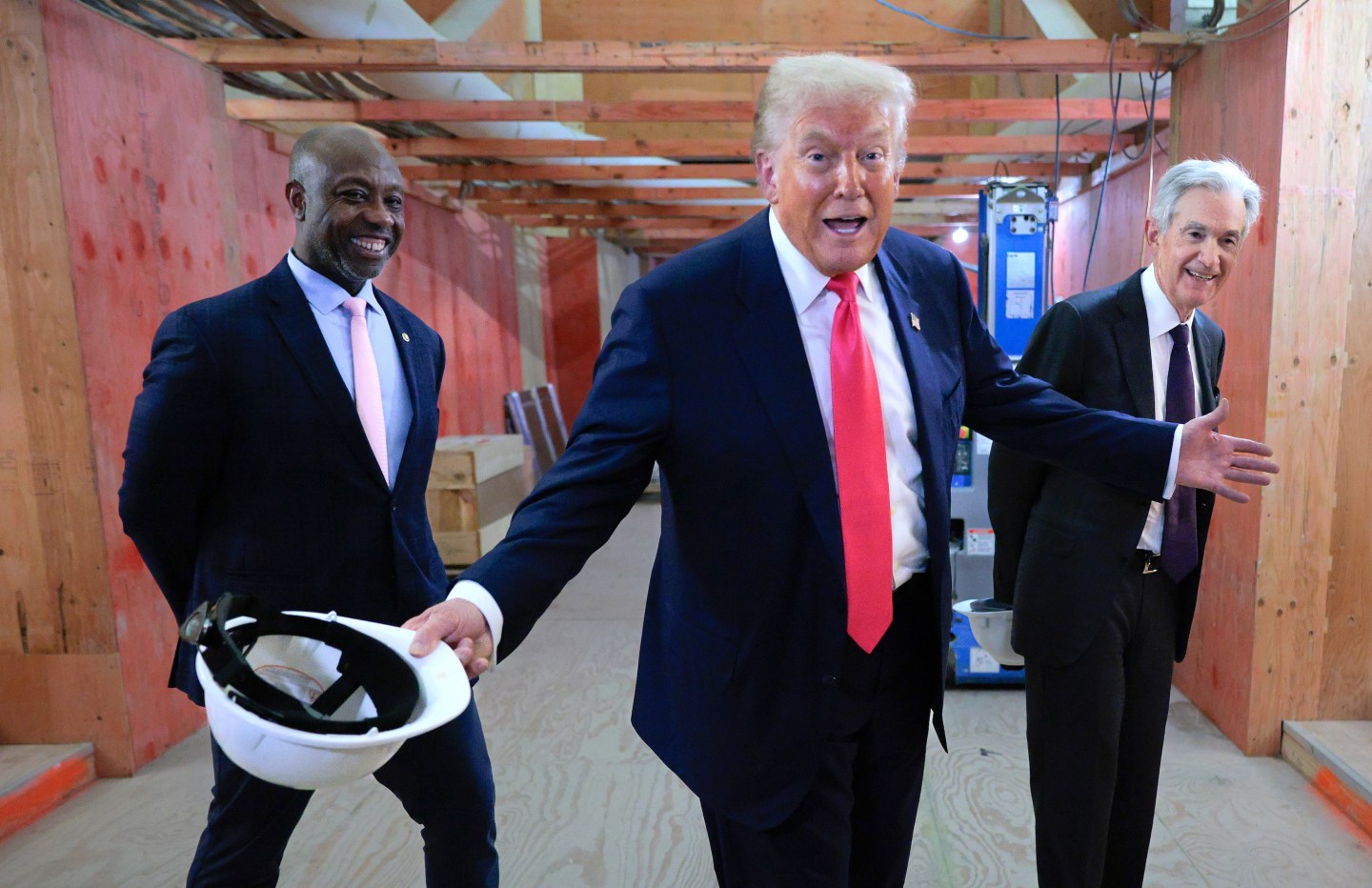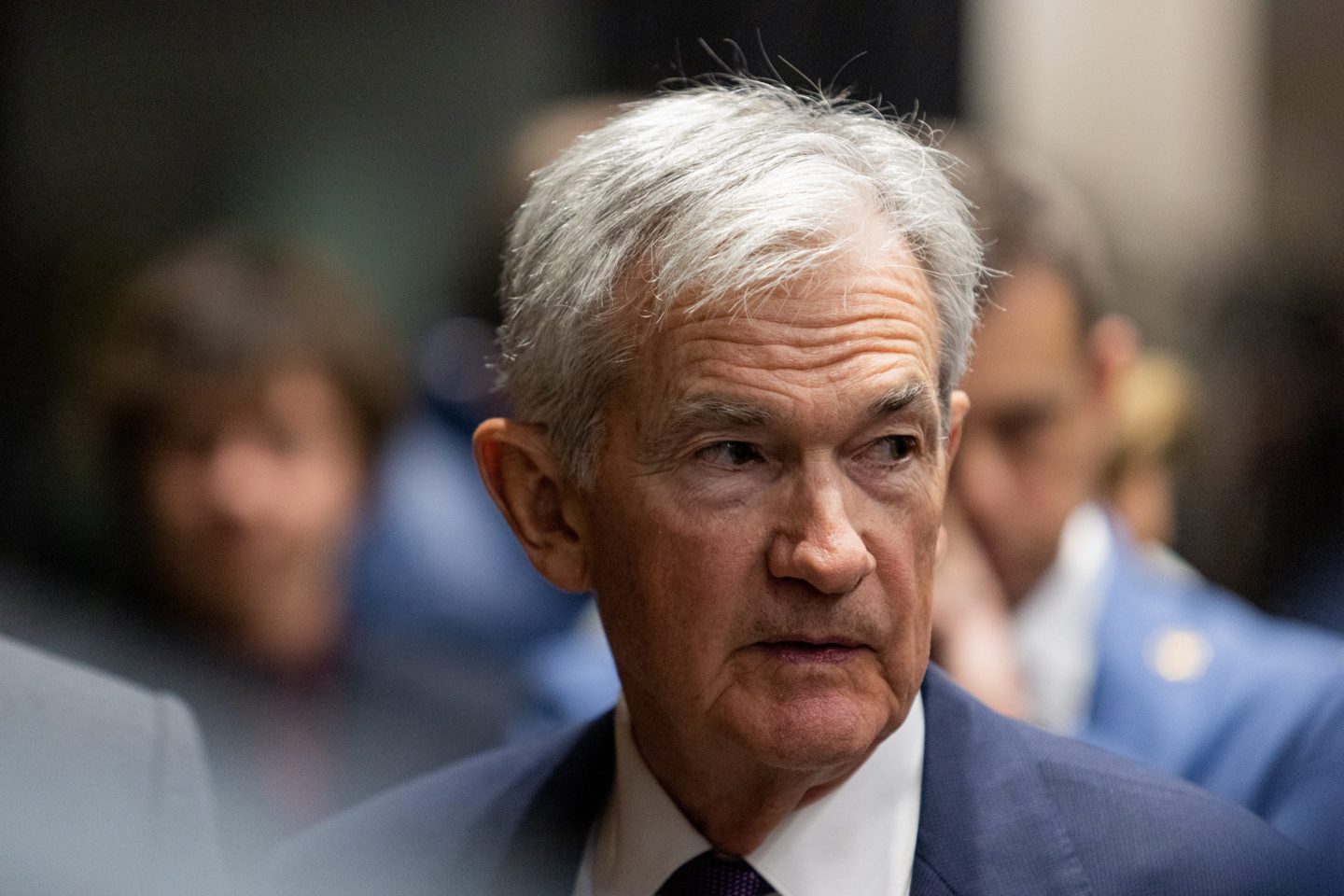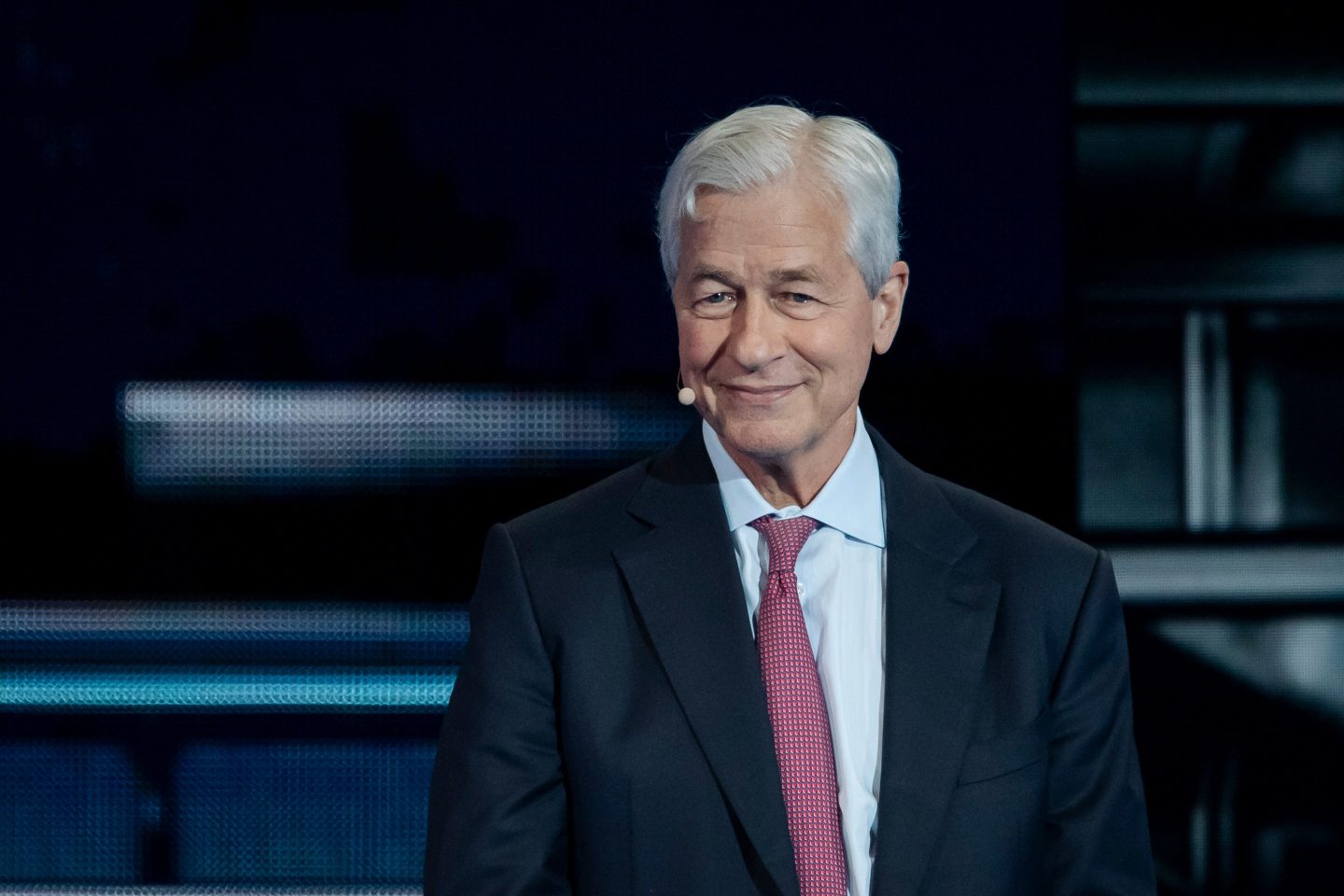FORTUNE — If you think Wall Street doesn’t hear the calls to reduce risk, look at Jefferies.
The investment bank, which announced its proposed sale to Leucadia National on Monday, is one of the biggest banking success stories. The rare conservative i-bank on Wall Street, Jefferies flew through the credit crisis of 2008-09 and last year survived misleading analyst claims (and later rumors) about its European exposure. Earnings actually increased to $232 million in 2011 from $206 million in 2006, when bank profits overall peaked.
But Jefferies couldn’t escape the larger affliction on Wall Street — the fear that things won’t ever recover. One current Jefferies employee explains the $2.8-billion deal simply: It ensures Jefferies will be around for years. Who knows what the next crisis or damning analyst report could bring if Jefferies stayed independent and relied on short-term financing?
This is the new Wall Street. Run from risk, flee to safety. It’s hardly the ethos of the place. Had it stayed independent, Jefferies employees and shareholders might have enjoyed the company’s future riches, and Jefferies almost certainly does face a brighter future. It should gain new market share and charge higher prices as its competitors retreat. KBW, an investment bank focused on financials, sold itself to Stifel Financial earlier this month; San-Francisco-based ThinkEquity filed for bankruptcy this month; and boutique Gleacher & Company is currently selling itself.
MORE: How Tim Geithner can dodge the next debt crisis
Large foreign investment banks are also cutting back in the U.S. Instead, Jefferies (JEF) shareholders are selling out. Leucadia is offering a 24% premium for Jefferies stock in the form of 0.81 shares of Leucadia .
Leucadia, a diverse holding company whose secretive founders Ian Cumming and Joseph Steinberg are revered in certain Wall Street circles, provides the reassuring backstop of capital. Leucadia included an interesting slide in its bid for Jefferies. Since 1990, Jefferies’ shares have returned 15.9% annually, crushing the S&P 500’s 8.5% return. Leucadia, by comparison, returned a still-impressive 13.1%. The lesson is that Jefferies is a very good busines. Jefferies is bigger today, yes, and may not have outperformed so wildly from here. But on its own, its stock might have kept racing ahead of Leucadia’s.
Still, there are good reasons for Jefferies’ sale. Leucadia’s hoard of tax-loss credits means Jefferies shareholders who receive Leucadia shares will reap reduced tax bills. Jefferies also accesses Leucadia’s strong capital base, which “probably exposes Jefferies less to a run on the bank,” says Keith Trauner, co-manager of the $200-million GoodHaven Fund and a Jefferies owner.
Trauner suggests another benefit: Jefferies may gain a window to Warren Buffett’s Berkshire Hathaway (BRKA). Leucadia, dubbed a “Baby Berkshire Hathaway” in the press, actually runs a joint venture mortgage servicing business with Berkshire called Berkadia. The two firms are at least friendly. If one day Jefferies is fighting Goldman Sachs (GS) for a large deal, it may be able to loop in Berkshire for additional financing.
Jefferies will become part of the larger Leucadia, giving its shareholders exposure to Leucadia’s diverse businesses like National Beef and the Hard Rock Hotel & Casino in Biloxi, Miss. It’s about the safest outcome for the independent bank. And when the next crisis hits, people will applaud its move. But it’s a strange time on Wall Street when even the one of the best-run banks seeks safety and security before independence.










